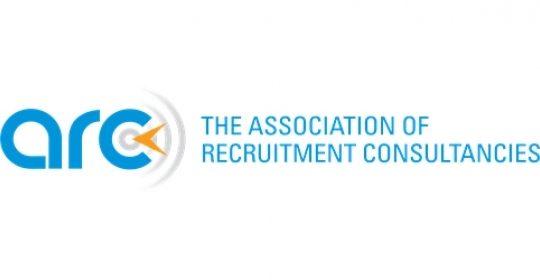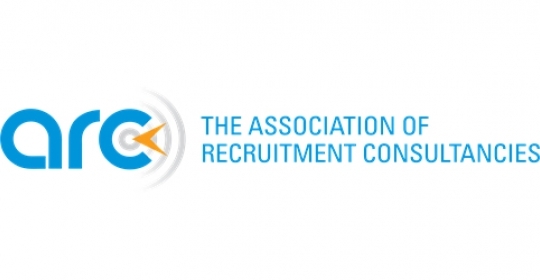Indeed various banks are unsurprisingly reported to have already reached this conclusion. But is this the end of contracting?
“Certainly not”, says Adrian Marlowe, chairman of the Association of Recruitment Consultancies (ARC). “Contracting has been given a bad name because of the link to tax avoidance, but tax advantage is not the only reason that contractors wish to provide services via their own company. Many individuals choose to work temporarily because of the freedom it allows them. Temporary workers have also always been in demand, and that demand is not going to end.
“Nor is making tax savings the primary reason why hirers want to engage contractors as opposed to employees. Usually the NICs ‘saved’ by the employer is included in the gross sum paid to the contractor on invoice, which is higher partly because of the requirement for NICs to be paid by the PSC. So the ‘saving’ is in good part an illusion.
“On the issue of employment rights, case law establishes that they can arise on long term direct hirings, whether or not the worker is hired through a PSC. Unfair dismissal doesn’t apply for 2 years except in limited circumstances; redundancy entitlement is also subject to a 2 year qualifying period. Employment rights avoidance should not therefore be the central rationale for hirers choosing to hire a PSC contractor.
“For years convention has dictated that use of PSC contractors is the way to make life simple. Contractors have benefitted, but there is a case for saying that the labour market has been distorted because of this. That convention is the central theme to those who seek to persuade hirers that PSC contracting will still be safe after April 2020, and avoidance schemes are still being promoted. Yet the reality is perhaps more powerful.
“Most work for ‘contractors’ does not need to be done by people who have to commit to long term relationships, who expect to be treated as employees in terms of welfare and inclusion in the regular workforce, and who must sign up to restrictions that normally only apply to internal staff. Neither party is looking for an employment relationship, and, by definition contractors should only provide services temporarily.
“The way out of the IR35 dilemma is therefore to consider this reality and the other option, which has existed throughout the lifespan of IR35. Take the tax out of the equation and there is a clean and simple, well established solution to the use of contractors. Let recruitment agencies that provide properly regulated work finding services fulfil the role for which they exist.
“So long as there is no IR35 relevant company (e.g. PSC) involved, the charge rate is not subject to any tax lift; there is no IR35 risk of an HMRC investigation and case law firmly establishes that in normal tripartite agency supply, using the right contracts, there can be no employment rights against the hirer. Agencies exist to support hirers in all these areas. Agency workers have rights, but they are not equivalent to employee rights, and critically agency worker claims have not emerged as a threat to hirers. Risk is reduced to the minimum, flexibility of resource is retained; avoidance schemes have had their day.
“In the meantime contractors will still follow the work, as they always have done. Those PSC contractors that do offer services over and above their personal time, who should be able to operate outside IR35 (albeit still at some risk), will soon emerge but without the assistance of avoidance schemes. It’s the work that needs doing; this is not conditional on the hiring of a PSC contractor.”
For more information on IR35, ARC’s retained lawyers Lawspeed are holding a conference on 19th September in London. With two speakers from government (HMRC and BEIS), accountant and insurance specialists, and an objective explanation of the new law and other legal ramifications, this conference will address the key issues that those using contractors will need to help make an informed decision as to future strategy. Sponsored by ARC.
Information about the Association of Recruitment Consultancies
ARC was formed in 2009 and represents recruitment businesses with a combined turnover of approximately £2bn p.a. ARC is dedicated to improving conditions for recruitment and agency work, and has a particular focus on lobbying and addressing confusing legislation. Achievements include helping change Employment Tribunal rules and removing gold plating from the Agency Workers Regulations. ARC offers full legal support services for its members.
For further information please contact ARC on 01273 777997
Email info@arc-org.net








